Catalonia is one of 50 provinces in Spain, and there are definitely some differences between Spain and Catalonia. The community of Catalonia contains the provinces of Girona, Tarragona, Lleida and Barcelona. Barcelona is known as the capital of Catalonia and Madrid is the capital of Spain.
Even though Catalonia is part of the Spanish nation, it is a distinct region that, like any other, has its own customs that make it unique. There are many perceptions of Catalonia on the national and international levels that do not fairly embody its complex cultural elements which truly make it distinct from other areas of Spain.
In this article of ShBarcelona, we would like to share quite a number of cultural details, language, and social activities that are good for foreign visitors to be aware of.
Table of Contents
Differences between Spain and the Catalonian region
Languages
Catalonia is one of a few regions in Spain, such as the Basque Country and Galicia, which has its own language apart from Castilian Spanish. The language differences between the rest of Spain and Catalonia are mainly noticeable outside of Barcelona.
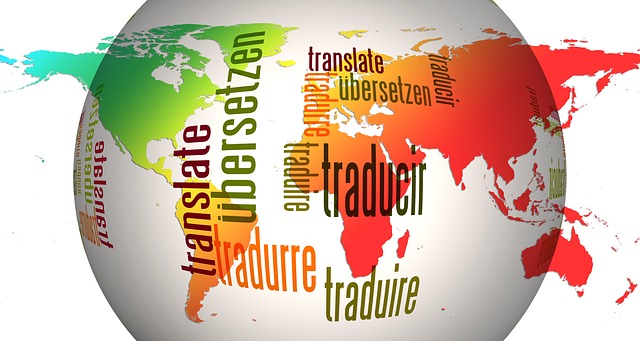


Photo by geralt via Pixabay
Within the city of Barcelona, most people are bilingual and can speak Spanish and Catalan. Barcelona is a very international city, therefore many people speak at least one other language.
Some nationalists in Catalonia choose to speak only in Catalan – this is done for many reasons, sometimes as part of the push for complete Catalonian independence or in response to the suppression of the language for many years during the dictatorial regime of general Franco.
Catalan is a Romance language like Spanish but is not a subset of Spanish itself. In fact, Catalan as a language is closer to French and Italian than Spanish or Portuguese. In Catalonia, this difference is most notably felt outside Barcelona as Catalan is the main language spoken on a daily basis.
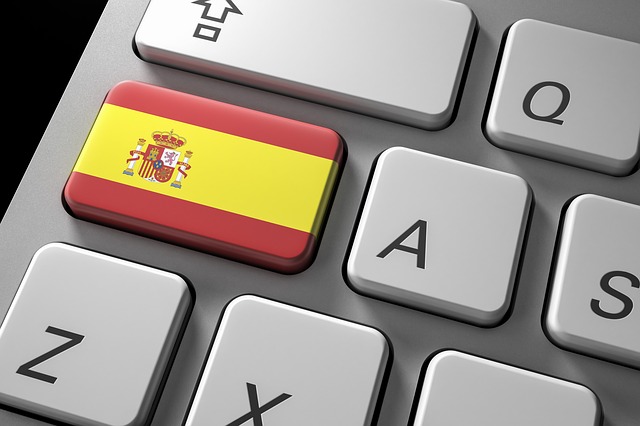


Photo by AbsolutVision via Pixabay
While the Catalan spoken in Barcelona can be partially understood by people who speak some European languages, the Catalan spoken in other regions can be quite difficult to grasp as the accent can get very thick. Visitors who stay in Barcelona can hear both languages spoken consistently in different settings.
The government of Catalonia and Barcelona conducts its affairs in Catalan, whereas most businesses will have a mixture of both, depending on if their business services the rest of Spain or just local clientele.
Food
There are also subtle differences between the gastronomy of Catalonia and other provinces in Spain. Spain is known in the tourist mind most notably for its chorizo and paella – however, Catalonia is most known for its specialties such as butifarra, a cinnamon pork sausage, fideuas, a type of noodle and calçots, spring onions.
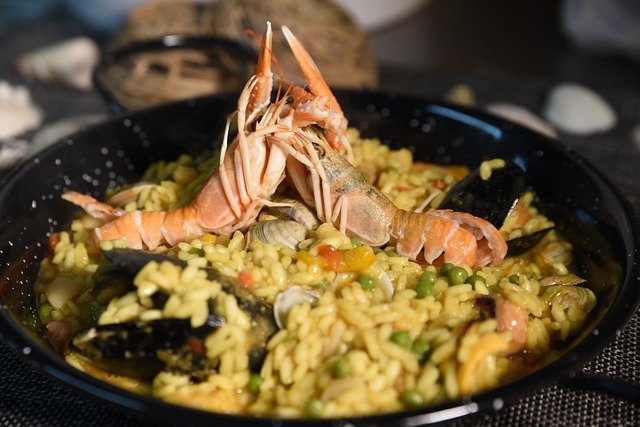


Photo by andreinanacca via Pixabay
Catalonia’s food differs from that of Madrid, for example, also by the influence of French cuisine and the proximity to the ocean. A lot of restaurants in Catalonia will pair meat and seafood together, which gives it a French flair.
These differences can be seen in rural mountain towns that rely more on pork-heavy recipes as the area is well known for swine production, whereas coastal towns have more seafood-based recipes.
Catalan traditions
Another of the major differences between Catalonia and other regions in Spain is the cultural perception of each of the groups, although many of these perceptions are mostly based upon stereotypes among regions.
Catalonians tend to be seen as hard-working, business-minded and focused on succeeding, whereas southern areas such as Andalucia are often seen as more exuberant, fun-loving and outgoing. As with any region, there are also a number of important dates that are celebrated in all of Spain while others are celebrated only in Catalonia.



Photo by Josep Ma. Rosell via Visualhunt
Some of the national holidays are that of:
- the Epifania del Señor or the Kings Day, on the 6th of January, the date in which most of the Spanish people exchange Christmas gifts;
- the 14th of January, the Holy Friday;
- May 1st, Worker’s Day;
- August 15th, Assunción de la Virgen;
- October 12th, Fiesta Nacional de España;
- November 1st, All Saints;
- December 6th, Constitution Day;
- and December 8th, Immaculate Conception Day.
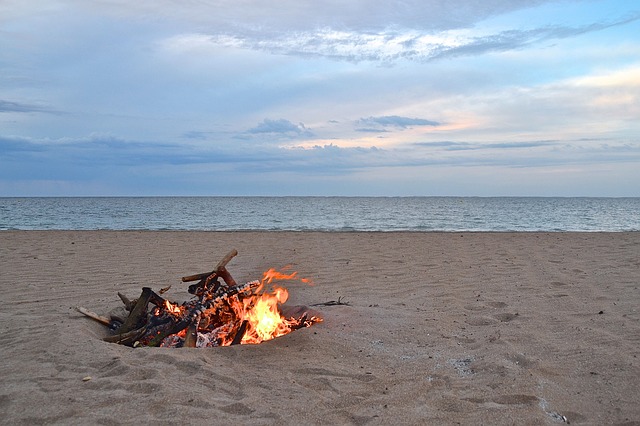


Photo by nuspla via Pixabay
On top of the holidays mentioned above, Catalonia celebrates its own holidays, like:
- Sant Joan, on the 24th of June;
- La Diada, on September 11th;
- La Mercé, on September 24th (exclusively celebrated in Barcelona);
- and Sant Esteban, on December 26th.
Related article: Interesting Catalan traditions
Artistic differences
Barcelona and Catalonia have always been seen the world over as an artist’s mecca with amazing architectural designs and gorgeous art. Madrid has been experiencing a cultural revival of its own in the last couple of decades focusing on grassroots artist revival.
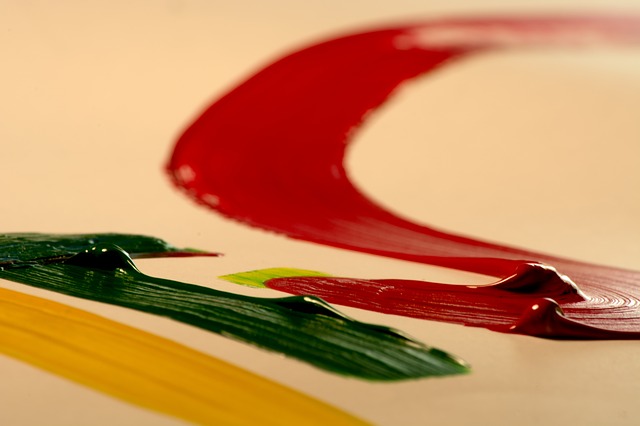


Photo by novelrobinsons via Pixabay
Traditional art versus art nouveau is the main difference between the two, and some of the most famous and world-renowned artists of the past centuries were born in Catalonia: Antoni Gaudí, creator of La Sagrada Familia, Casa Batlló, La Pedrera, Park Güell, among others, and Salvador Dalí, the surrealist master.
Other artistic geniuses were born in other areas of Spain, such as Pablo Picasso, the multi-talented artist who is originally from Málaga, and Francisco Goya, a romantic painter, who was born in Fuendetodos, in Aragon.
We recommend you to take this walking tour of Barcelona, to see some of the most famous works of some of these artists.
Are there other differences you think are worth mentioning?
Share your thoughts in the comment section!









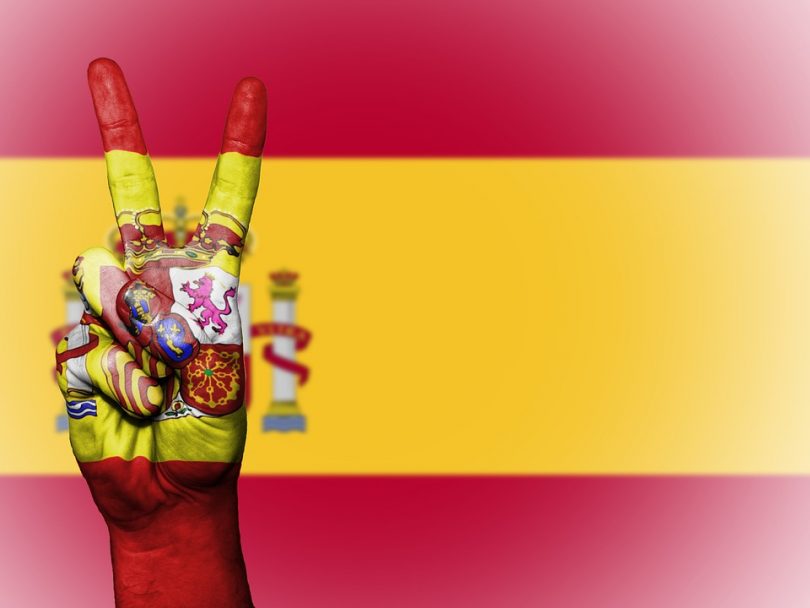


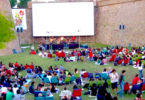




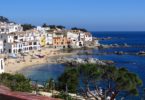


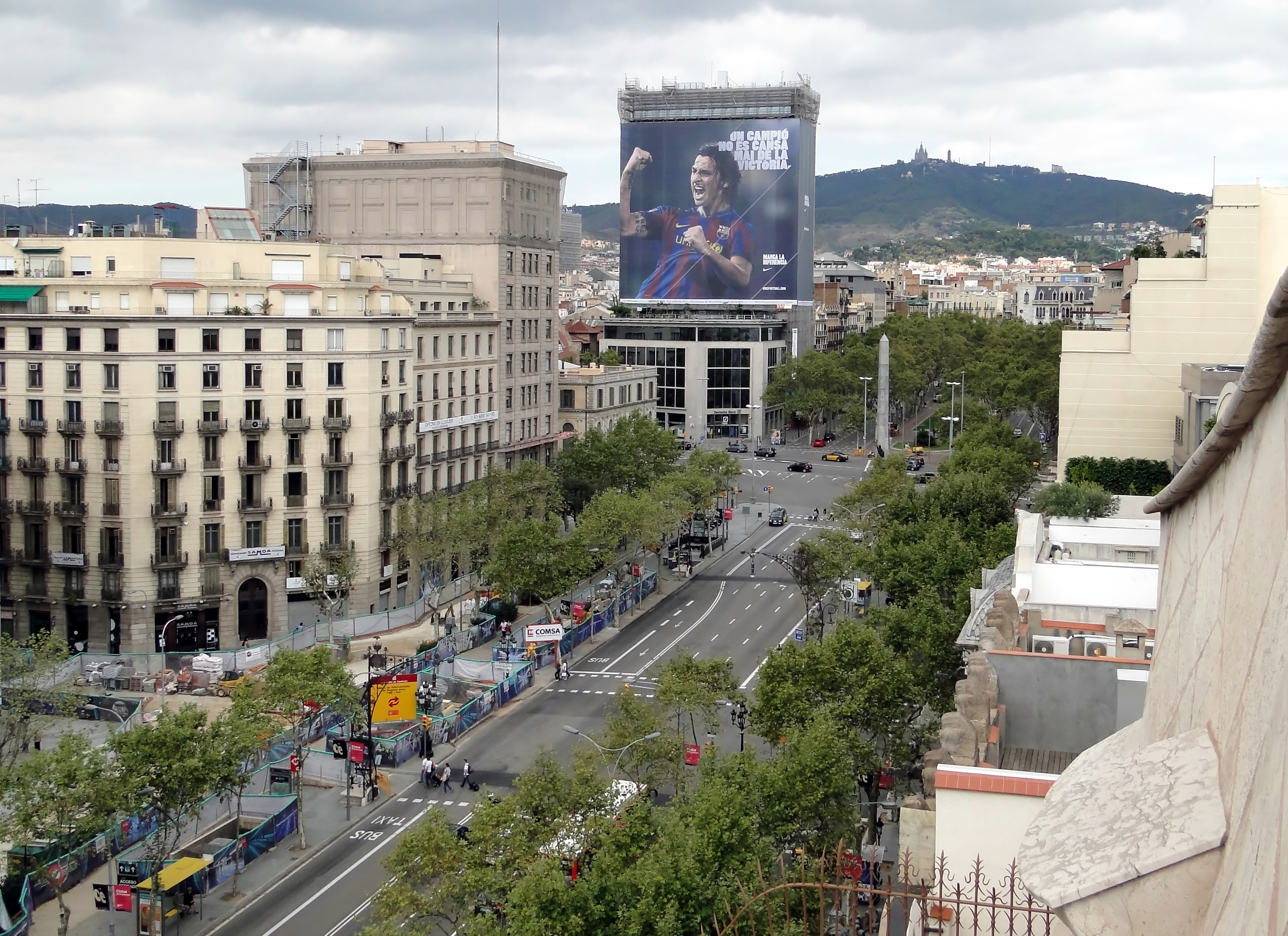

Grammar error with the below: change “then” to “than”
In fact Catalan as a language is closer to French and Italian then Spanish or Portuguese.
Im a spanish speaker from america and I can understand very easy the Catalan, for me its like a spanish dialect. I visited Barcelona a couple years back and I cant find any big diference betwen The rest of Spain and Catalonia. Indeed Barcelona its closer to european core for its geographical position and Economically they take advantage of that position. But for me The diferences are in the mind of the politics.
you are completly wrong ! ask to people in Girona, Lleida, ..etc.
Dear Roger,
J is not wrong at all……under my point of view…… actually I agree with him.
Be aware of politician plots…and be happy!!
Totally agree with you.
By the way, I’m Spanish from Castilla y León region who has been living in Cataluñas for 5 years now and I can also perfectly understand Catalán.
I would like to add that, any single region of Spain has its own particular or unique things, not only Cataluña.
Exactly!
wrong. you are making an assumption about the statement- not it’s grammar
Hi Emily!
I just want to specify some aspects of this text:
– Language: Catalan as a language is NO closer to French and Italian than Spanish or Portuguese. In fact it is easily understandable for spanish people. This doesn´t mean it is not a different language, it is just closer to spanish than to french.
– Food: Spanish food (including catalan) is probably the best in the world. So many different options from its several regions. There are some differences depending on the where you are, but the base is common. Mediterranean diet and products, and olive oil. Differences between chorizo, butifarra and txistorra is minimal. 95% the same food, prepared th same way, which is great. We are lucky to have such a wide range of options.
– Catalan tradition: As a Spanish native it really unfair to be designated as a bullfighting passionate. In addition I cannot see the contrast between exuberant, fun-loving and outgoing, and being hard working, business minded and focused on succeeding. I guess this depend more on the person than on the region. Just one more remark, Catalonia was one of the cradles of bullfighting, including horn firing whit the highest attendances to this horrible events. The famous bulfighting ban was a political movement (that I appreciate BTW) in order to separate from spanish cultural traditions, not an animalist choice. Anywaysit is very welcomed
Well taht´s all. In any case I recommend to any reader to travel all over the territory and enjoy the similarities and differences of Spain, you will be surprised
I think that the writer has been fairly accurate with her report,it sounds as if you have an axe to grind in your response, each region in Spain is different which should be applauded viva la difference in all countries and all cultures what a boring world if it were all the same. Hang loose
Catalan is descended from Occitan, which is from Southern France, itself based on Vulgar Latin.
Castilian has a different root source They all share Vulgar Latin, but from different places.
Also, Catalunya is not a province, it’s a region. There are four province in Catalunya: Lleida, Tarragona, Girona and Barcelona.
The difference is obvious… Catalans are civilized. Castilians, OTOH, well… well….
Catalans are into doing things together, ergo La Sardana or getting together after a Barça game and throwing bricks through the windows of the McDonalds that bought out that old Catalan restaurant that served those pam amb tomaquet sandwiches!
Castilians, OTOH, are into their “chulerias”… ie: conceited, cocky…. where they go stroll and show off.
Also, Catalan is not derived from French, it’s derived from Occitan which is a late Latin / medieval tongue from South France.
Obviously and typically Tony is clearly Catalan or his wife is. Very biased, very politically minded. I rest my case!
I’m in the USA. I really couldn’t care less about the politics of the Iberians today. I just happen to know HISTORY. And just to play with your brain, I actually think the Conservatives in Madrid are in many way far more right than the young liberals in Barcelona. I just wish they would not act to Franconian ( the Conservatives, that is ).
You can see in the history of The California missions the different characters of the Iberian Peninsula.
Junipero Serra was from Mallorca, sort of a Catalan. He colonized the place.
The “Conquistadores” in the Presidios were mostly Castilian or Andalucian. A very different crowd.
The priests were usually at odd with the soldiers over the treatment of the local indians.
I must note it’s sad that the local snowflakes think Junipero Serra was “mean” to his indians.. pretty much the opposite.
Anyhow, making butifarra for dinner tonight.
I DRAW THE LINE! Both groups are Judeochristian, WHITE, they speak romance languages that are intelligible to each other! Where is the differance??? Folks have brainwashed. My god. I have lived in both Barcelona and Madrid. I can tell, its the same old people to me!
This was quite an informative article. Though it seemed to infer not all Catalan natives can speak Spanish. I would be highly surprised about that. Also in reply to Robert Swann: As an outsider it’s difficult to tell the differences between regions. Or even similar countries. But the locals know it. For example, I’ve lived in both Russia and Ukraine. As a westerner it took me many years to see the cultural differences between the two peoples. Politics aside, of course. But the locals always knew it even if there is a brotherhood shared.
It might be helpful for the moderator to include information about important books related to the literature of Catalunya.
A very uninformed article, full of topics and simplistic views – the title already says it all. Spain is not Madrid, though Madrid is Spain’s capital city. Spain is the union of several distinct regions with their own cuisine, culture, language and people. Comparing Catalonia to Spain, as if Spain were a homogeneous entity is simplistic and ill-informed.
There is an ENORMOUS difference between Spain and Catalunya! Mostly the people, their attitude but above all the standards. The standards in Catalunya are very low (probably because the people are quite sweet and never complain – they tend to shrug in answer to everything). Doesn’t make a great place to live though – low standards.
You could not put it better, Jaime
And Emily:
Paella or other rice dishes are not made in Catalonia??. Are you sure Catalan cuisine is just Butifarra?!!??.
Why are we trying to look for such simplistic differences like if we were in worlds totally apart, bordering the exotic.
If you lived in Barcelona, or in Madrid, Valencia or La Coruña, Seville, you wouldn’t see such dramatic differences in the everyday life. People work hard everywhere.
And if there are some differences, thats what makes a country interesting.
There is more to ‘Catalonia: than just the Spanish region of that name. Greater Catalonia includes Valencia, the Balearic Islands, Andorra and the French regions of Rousillon-Languedoc. In the main part there isn’t a clamour for independence or joining a Catalan state in three areas.
This is just completely inaccurate and incorrect in every way!
Hi Emily. This is a good article but I would like to comment some points:
– it is actually not fair to make a differentiation between Spain and Catalonia. One has to look into Spain as a kingdom of different regions with different traditions and languages.
– Catalonia is not the only region with a distinctive language in Spain. Other regions have other languages like Basque and Galician. Even other regions share the Catalan and Spanish such as Balearic Islands and C. Valenciana. As you can see, not so easy to base the difference in the language.
– As Jaime has said, one cannot really see difference between chorizo, butifarra, txistorra and other types of sausages. Spain has a lot of variety and it’s fantastic. Although in Catalonia fideua is cooked quite a lot, this dish is not typical from there. Actually,is more or less in the same area paella was originated (Valencia and the mix between sea and meat food is not typical from Catalonia but over the whole Mediterranean area.
– The traditions are basically different depending where you are in Spain. All the regions have different own holidays which are not celebrated in the rest of Spain, and then there is the National holidays which should be celebrated in the whole country (Yes, including Catalonia).
Thanks! Emily, you help me a lot to know more about the Catalonia and Spain. Keep it up! Write more their believe, religions, people’s favourite, fashion trend…..
Hi,
You probably have been on a party trip to our wonderful Barcelona and believed all the rubbish you saw at the first sight without trying to get some contrasted information.
Spain has 17 autonomies, just like Catalonia. Some of them with own language and culture.
Even Catalonia has very differenciated regions with own food, traditions and culture: E.g. Gerona is really different from Aran valley and even more from Barcelona.
I can ensure you that all my Spanish friends understand 90% Catalan without studying it. They can´t get a word of french and Italian is way far away. This “closeness” has been allways used by NAZI-onalists to
There are other regions with higher economy than Catalonia: e,g. Madrid and Vasque Country. Catalonia has allways been protected economically by all gobernments due to our politicians and their threats/victimism.
Saying that Spanish are lazy and Catalonians hard working is honestly very offensive to all the very hard working people outside Catalonia (more than 35 Million).
Paella is typical from Valencia, not from the whole Spain. And there are plenty of dishes from every region. Please inform yourself better and try them out. They are delicious.
I am Catalan and I love our culture and traditions (we have no more or less than other provinces in Spain), but and also feel Spanish. Just like more than 50% of the population here. The NAZI-onalists have convinced many foreigners about a lot of lies and we are the ones suffering discrimination and apartheid (research please) from their radical independentist regime.
I am so sorry to read what you wrote. It is very missleading.
Catalan language is by no means closer to French than to Spanish, someone that does not know French or Spanish (but has heard them) would easily confuse Catalan with Spanish, but never with French. Catalan culture, traditions, gastronomy, etc. are clearly Iberian and not an exception, every other region of Spain has its own peculiarities, just like different regions in almost every country.
I am Frech girl whose father was catalan and I must say you have made big mistakes.
Is not true that the speak catalan even if you speak with them in spanish. Only independents do that, most of real catalanes dont mind to speak one or another language.
Moreover, you say cataluna´s food differs from spanish one. Actually, Spain is know from its big gastronomy, you cant say the other communities have the same gastronomy, so is not that Catalunia is different, all of them are unique. Valencia has gazpacho and in Madrid you have cocido (and I could go and on…).
About holidays….same as before, all the communities have their own holidays and festivals and, indeep, Catalunia is the less special one in that case as it share many of festivals/holidays with Aragon (my father told me his grandparents were from Aragon and that in the past both were the same under the name of “reino de aragon”). Because of that and about the first topic (language), many people in aragon still speak catalan (villiges close to catalunia).
Honestly after all this years, if I have to say which place is most different in spain, i would say andalucia, which is quite funny as it its the most similar with what people think Spain is.
To Richard M: Catalonia never was a country, it was part of the Aragon kingdom, Valencia was a kingdom by itself and as for Baleares they once belonged to two different kingdoms and one of them was Great Britain.
Spain is a nation of nations, neither catalans are very different from the rest nor is a flat country. As an Spanish woman who has lived in many of its regions (nations) and who is by herself a basque-andalusian mixture I can assure you this diversity is so enriching but never so big as to think you are in different countries.
The current claim on the difference between Cataluña and the rest of Spain comes from XIX century burgueoise selfishness that turned into a nationalist ideology that up to date is old fashioned to say the least, and the economical differences built upon the closeness or distance from the rest of Europe. But even those differences are a policital issue, since the first industrial city in Spain was… Malaga! Just 14 km away from Morocco… Political issues can blind us but cannot change history.
Catalunya has its “modern” beginning as the Hispanic Marches ( East of Navarra ). The marches were set up by the French Kings as a buffer from the Saracens in Iberia. Around 700 AD. You being from Spain, surely know this.
As some point in time, the Count of Barcelona, a Count of Counts -sorta like the American Mafia’s Capo di Tutto Capi- became independent, and stayed so for centuries, as the King of France relieved him of his fealty.
The reason why the Count never took over as a “king” was the Council of the 100, which force the Count to rule under a Catalan “Magna Charta”. But, effectively, the Count ruled as a monarch, just as the Doge in Venice.
When the Count united Aragon via marriage, he took the title of King of Aragon, but effectively still ruled as the Count of Barcelona. In many ways, you see, it was Aragon that was part of Catalunya, since the latter actually controlled other regions as well.
Oh, there’s nothing wrong with the bourgeoisie… small business are the economic engine of the West.
Maite.I don’t disagree with your analysis. I have lived in barcelona for many years…but get it right. Great Britain is the name of one single island, you should say United kingdom or UK. This is very offensive especially to those from northern Ireland
So now Catalonia is one of the 50 provinces of Spain?
The the Basque Country is another of these 50.
Btw, you forget Ceuta and Melilla, which counts up to 52
Catalonia is one of the 17 (not 50) Autonomous Communities in Spain, and has four provinces: Barcelona, Tarragona, Lleida and Girona. Spain has 50 provinces in total. This is correct.
Gasol brothers are catalan and they dont want to see an independent catalonia. So that tells you spain should remain together. But if catalans want independence thats fine too. Your a small country you are stronger in unity then separate. Spain together is an awesome country. Spain separated is a week country.
I have lived in Andalucia, Alicante and Barcelona. I am afraid the information by Emily Elwes is not quite correct. The Catalans are definitely not hard working and concentrate mostly on the 75 annual fiestas that stop commercial work abruptly. The Catalans are sweet people who care about each other but do not welcome outsiders. The Spanish cuisine is by far superior mostly because Spanish standards are much higher, in every respect. The architect in Barcelona is great if you like Gaudi. However, if you do not appreciate its garish, bold and inelegant lines then you would appreciate the colourful, elegant and diligent architecture of Spain. Andalucia is most definitely the most beautiful and artistic architecture in all of Spain with an abundance of floral colour. The Catalan language does not sound slightly French or Italian – not in the least, it is harsh with a gruff sound and the flowing tips of language are snipped off in mid-air only to leave a sort aggressive sound. Barcelona is a wonderful city to visit, it is relatively safe with a great police force but to live there, be prepared for the Catalans to pile politics into every situation possible.
The first sentence in your article is absolutely incorrect. Catalonia is a “Comunidad Autónoma” and Barcelona, Tarragona, Lleida, etc are provinces (as well as cities).
you can’t forget Sant Jordí on April 23rd